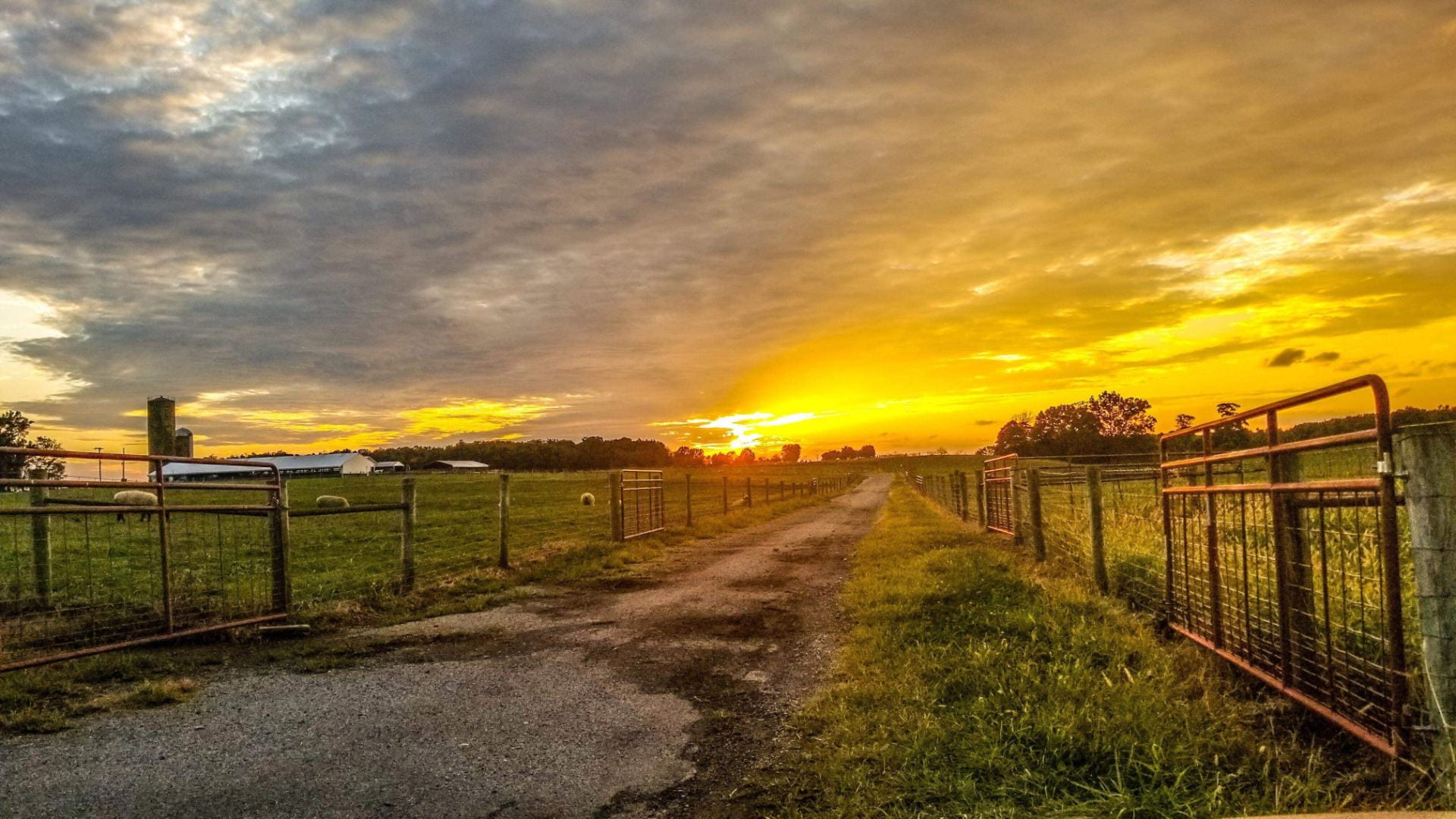Dwight Lingenfelter, Extension Associate, Weed Science, Penn State University
William S. Curran,Ph.D., Emeritus Professor of Weed Science, Penn State University
Fall is an excellent time to manage biennial and perennial weeds. In particular, biennials such as common burdock, wild carrot, and bull, musk, and plumeless thistles are much easier to kill while they are in the rosette stage of growth, prior to surviving a winter. Once biennials start growth in the spring they rapidly develop with the goal of reproducing and it becomes more difficult to control them.
time to manage biennial and perennial weeds. In particular, biennials such as common burdock, wild carrot, and bull, musk, and plumeless thistles are much easier to kill while they are in the rosette stage of growth, prior to surviving a winter. Once biennials start growth in the spring they rapidly develop with the goal of reproducing and it becomes more difficult to control them.
As you have heard many times before, late summer and fall is the best time to control most perennials with a systemic herbicide they move into root systems allowing better control. In general, the application window runs from Continue reading


